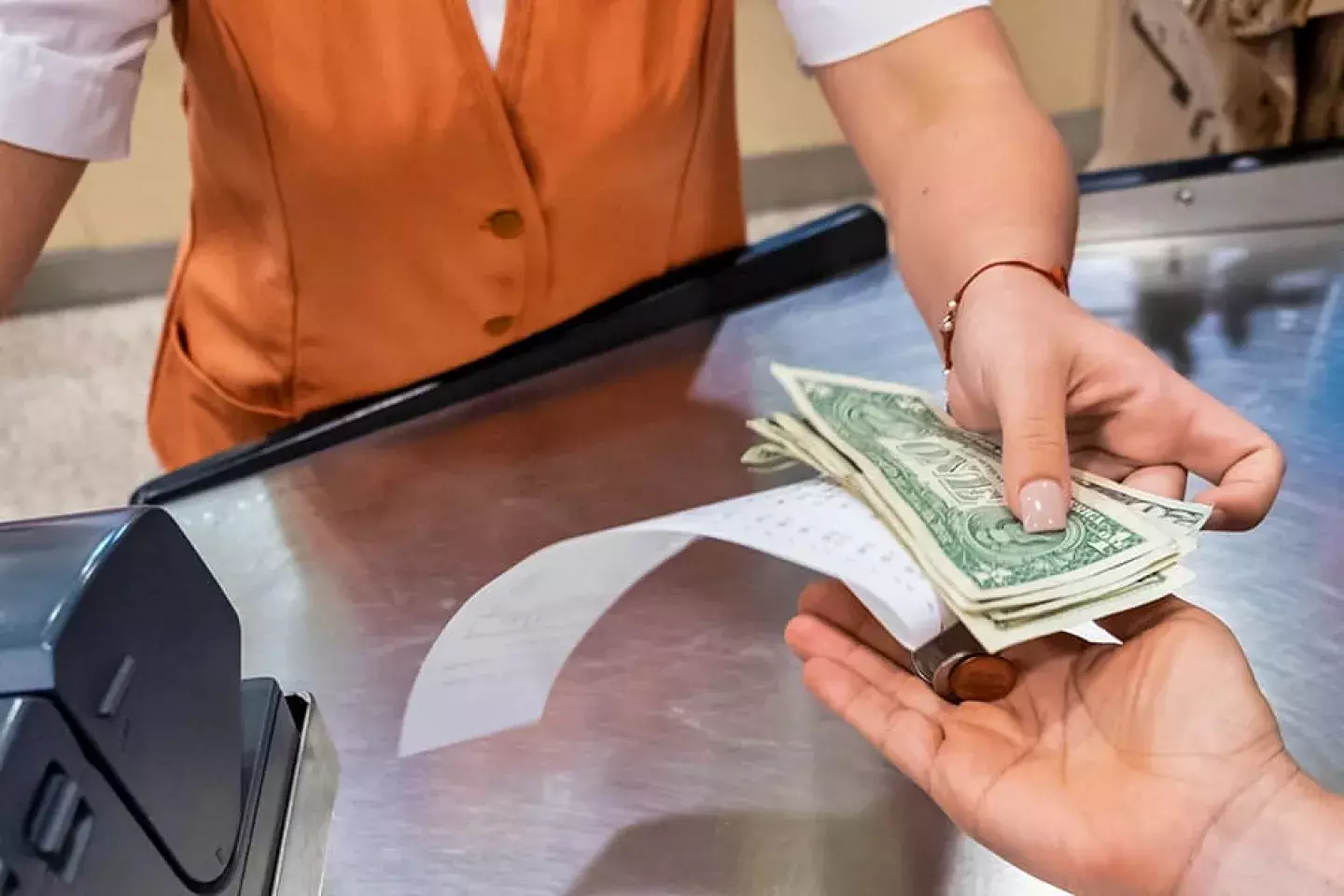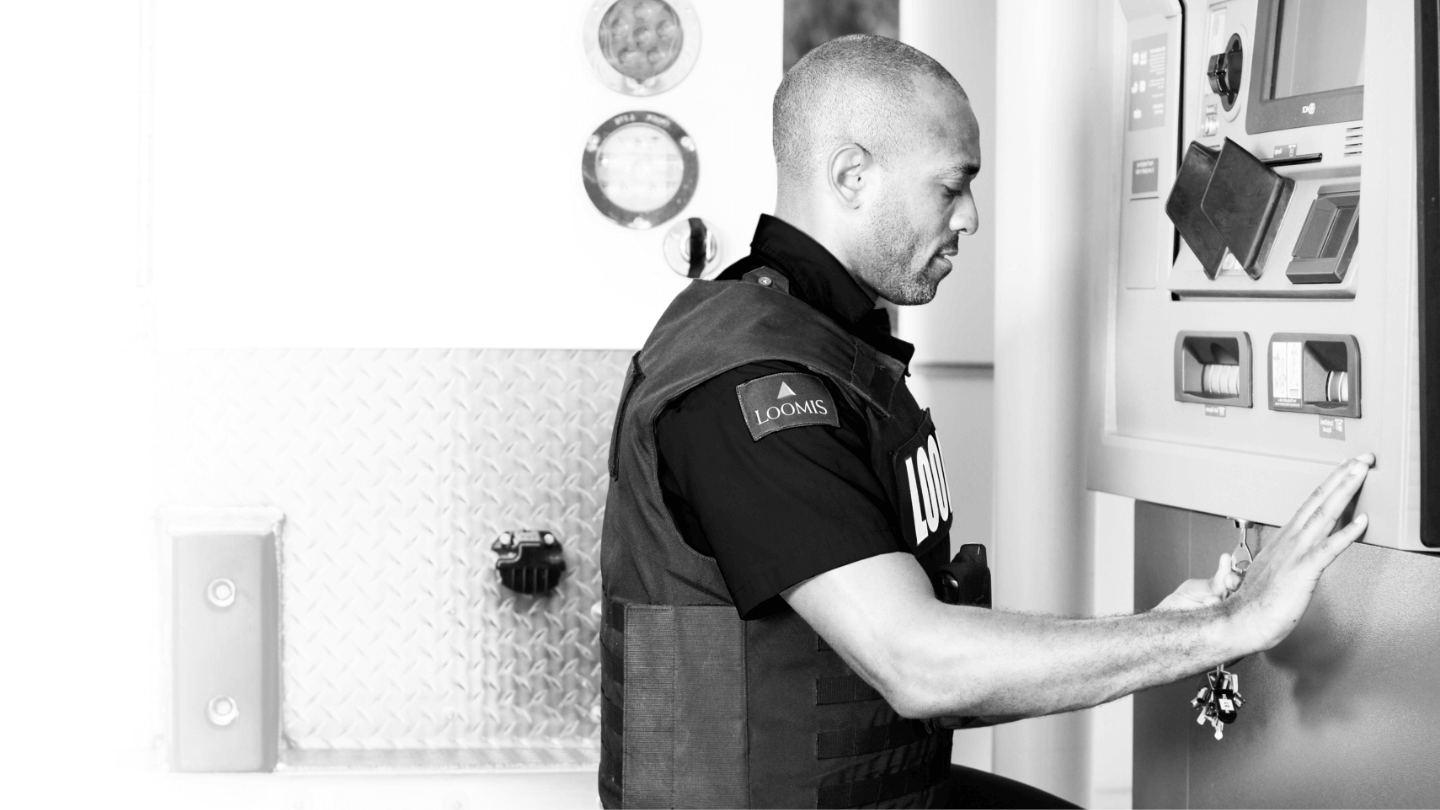Cash and COVID-19: Four reasons why cash is your safest payment option

In these uncertain times of living day-to-day with COVID-19, we’ve all become much more aware of the things we touch, and the germs we’re potentially coming in contact with. As you leave your house for necessary supplies like groceries, chances are you’re hyper aware of objects you touch all the time—your car door, the shopping cart handle, food items, your wallet, and the cash or card you pay with.
Cash is often thought of as being germier than its card counterparts, and it’s easy to understand where the misconception comes from. Unlike your debit and credit cards, cash is recirculated, and you have no way of knowing what its path was before coming to you. But have you ever really thought about the germs on your cards?
According to a study by Creditcards.com and the University of Texas at Austin, “credit cards were found to carry more types of bacteria than cash and coins, contrary to the popular perception of money as being “dirty.” The germs found on credit cards included bugs responsible for staph infection and salmonella, commonly responsible for food poisoning. And what’s more, payment tablets commonly used to complete credit card transactions at restaurants and retail operations were found to have more bacteria than any other payment method studied.1
Now that the misperceptions surrounding cash and germs are debunked, here are four top benefits of using cash during this time of crisis:
1. No increased risk of COVID-19
Any rumors that cash is a carrier for COVID-19 have quickly been disproven by officials. According to the International Currency Association, “central banks and medical experts have all confirmed that cash is safe to use, and there is no fact-based evidence of cash transmitting the virus.”2
The World Health Organization (WHO) further cleared the air earlier this month in a statement reading “we did NOT say that cash was transmitting coronavirus,” after their earlier statements were misconstrued.3 The WHO clarified that proper handwashing should take place after handling any payment method, as that’s standard recommended practice for good hygiene.
2. Security
In any time of crisis such as the one we’re currently in, cash guarantees a level of security and privacy that cards simply cannot. Unfortunately, a global crisis is a time when some people will try to take advantage by stealing credit card numbers and hacking personal data. The last thing you want to be dealing with during a global pandemic is trying to regain access to stolen funds and get a new credit card when even businesses like banks are operating with limited staff and hours.
3. Freedom
Even with the rise of mobile payments, cash is still the preferred payment method among most consumers, especially for smaller transactions.4 Cash is universally accepted by law, with many US cities even enacting laws that ban cashless stores. What’s more, people tend to feel safer relying on a tangible payment method in times of uncertainty. Cash can provide the peace of mind that you’ll be able to get essential things you need without worrying how a worsening situation might affect your ability to pay via card or mobile transaction.
4. Inclusive
Certain demographics in the U.S. may not only prefer paying with cash—their circumstances require it. A significant percentage of the population are referred to as unbanked, meaning that they have no bank presence at all, or underbanked, meaning they may have a checking or savings account, but no other financial products outside their banking system.
For more on Loomis’ COVID-19 response and how we’re serving our customers, click here.
- University of Texas at Austin, May 2018
- International Currency Association Key Messages, March 2020
- World Health Organization, March 2020 2018
- Diary of Consumer Payment Choice (DCPC) report
Find out how we can help with your cash management.
Contact Us